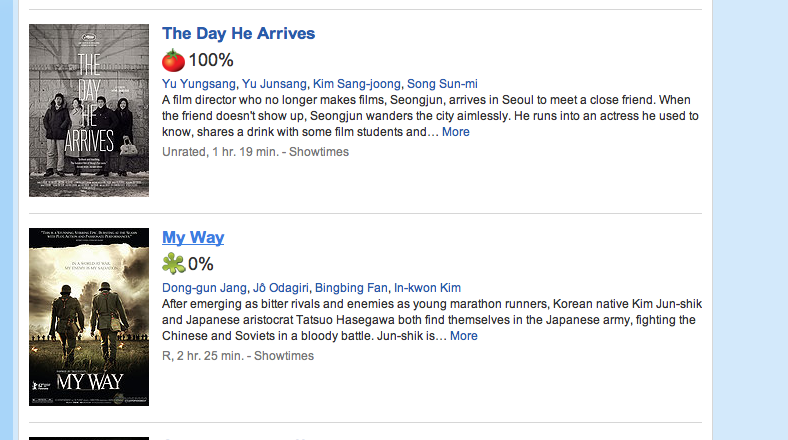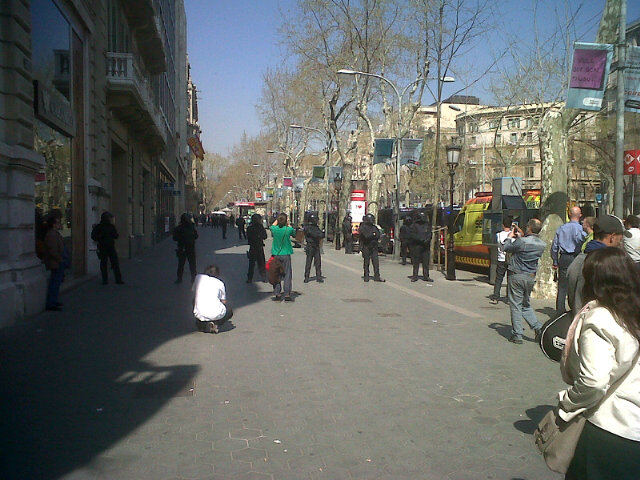There is an interesting and insightful article about Fox Networks’ new show TOUCH, which stars Kiefer Sutherland (and reportedly features a surprising lack of torture). TOUCH is going to roll out in 100 countries at pretty much the same time, the kind of international push that is common for blockbuster movies, but less common for television.

From the article:
To Tim Kring, the show’s creator, the shift is stark. In spring 2007, six months after his show “Heroes” started in the United States, he watched hundreds of “Heroes” fans line up for an event in Paris, even though the show had yet to be seen on television in France.
“Every single person there had seen every episode. They had all gotten it illegally off the Internet,” he said in an interview. It was then, he said, that he realized, “Audiences will find these shows no matter where they are.”
The article points out that the king of simultaneous roll-outs of WALKING DEAD, which airs in 120 countries around the same time.
Now, I have little doubt that TV execs are mostly doing this because they have to, trying to make a virtue out of a necessity. But that is how and why a lot of big changes happen. And frankly the change was way overdue. Shows like LOST and BATTLESTAR GALACTICA, with their rabid fan bases, would not only get uploaded immediately to the Internet, they would also get translated within hours. It was pretty mind-blowing (and funny, as the instant translations often were error-filled, along with the occasional apology by the translator for not understanding sections).
One of the first big examples of this change in TV releasing that I can recall was THE TUDORS. It was quite popular in Korea at first, but the distributor was getting screwed by piracy. So for the show’s second season, Sony set up a secure server where the Korean translator could watch the show and do her work a couple of weeks ahead of time, ensuring the show was ready to go with Korean subtitles almost immediately.
It’s a big change from when I first arrived in Asia, when terrible, long-since-canceled US television series rules the airwaves. It was incredible how much MR. BELVEDERE and ALF you could find, even in the late 1990s.
Of course, the Internet and globalization have not only forced Hollywood to give more respect to local audience around the world; they are the same forces that are allowing local cultures to get out of their home countries and find audiences elsewhere. Korean TV and music being the examples I am most familiar with. Some people complain that the world’s cultures are being homogenized; sorry, but from where I sit, I see people getting access to more choices from more places, and that’s a good thing.







